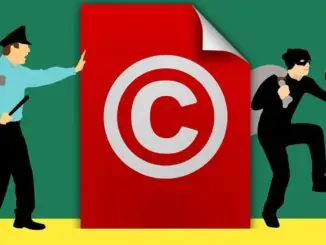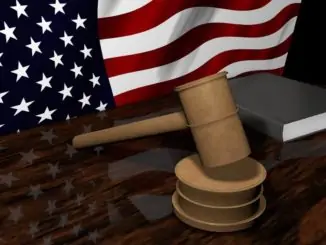
The European Parliament agreed new legislation on digital copyright rules on 12th September 2018 which will now need to be signed off by the EU’s member states before local laws can be drafted to put them into effect. The legislation was approved by 438 votes to 226, with 39 abstentions and has some important changes to the EU Commission’s original June 2018 proposals adding safeguards to protect small firms and freedom of expression.
The proposals have proved controversial with online platforms who believe that the proposals will stifle free speech and require them to pay for news and ‘user generated content’ which contains copyright material. Whereas many artists and journalists feel that these rules will protect their interests, particularly in respect of the use of their work on sites such as YouTube which is often poorly or completely unrewarded.
The two most controversial parts of the legislation are Article 11 and Article 13. Article 11 requires online platforms to pay news organizations for the use of their content although the sharing of hyperlinks will be exempt. A proposal for platforms to automatically filter and delete content that violated copyright was rejected by MEPs. Article 13 requires online platforms to ensure that agreements with rights holders are in place even for user generated content which would place a significant burden on social media and sharing platforms such as YouTube and Facebook.
The main points of the agreed legislation
- Tech giants must pay for work of artists and journalists which they use
- Small and micro platforms are excluded from directive’s scope
- Hyperlinks which are accompanied by ‘individual words’ can be shared freely
- Journalists must get a share of any copyright-related remuneration obtained by their publishing house
Tech giants to share revenue with artists and journalists
Many of Parliament’s changes to the EU Commission’s original proposal aim to make certain that artists, musicians, performers and script authors, as well as news publishers and journalists, are paid for their work when it is used by sharing platforms such as YouTube or Facebook, and news aggregators such as Google News.
After the vote, rapporteur Axel Voss (EPP, DE) said, ‘I am very glad that despite the very strong lobbying campaign by the internet giants, there is now a majority in the full house backing the need to protect the principle of fair pay for European creatives.’
‘There has been much heated debate around this directive and I believe that Parliament has listened carefully to the concerns raised. Thus, we have addressed concerns raised about innovation by excluding small and micro platforms or aggregators from the scope.’
Fair pay for artists and journalists while encouraging start-ups
Parliament’s position toughens the EU Commission’s proposed plans to make online platforms and aggregators liable for copyright infringements. This would also apply to snippets, where only a small part of a news publisher’s text is displayed. In practice, this liability requires these parties to pay right holders for copyrighted material that they make available.
The legislation also specifically requires that journalists themselves, and not just their publishing houses, benefit from remuneration stemming from this liability requirement.
At the same time to encourage start-ups and innovation, small and micro platforms are exempt from the directive.
Protecting freedom of expression
There are provisions to ensure that copyright law is observed online without unfairly hampering freedom of expression. Thus, merely sharing hyperlinks to articles, together with ‘individual words’ to describe them, will be free of copyright constraints.
Any action taken by platforms to check that uploads do not breach copyright rules must be designed in such a way as to avoid catching ‘non-infringing works’. These platforms will also be required to establish rapid redress systems (operated by individuals not algorithms) through which complaints can be lodged when an upload is wrongly taken down.
Wikipedia and open source software platforms will not be affected
Uploading to non-commercial online encyclopaedias, e.g. Wikipedia, or open source software platforms, e.g. GitHub, will automatically be excluded from the requirement to comply with copyright rules.
Stronger negotiating rights for authors and performers
Negotiating rights for authors and performers will be strengthened, by enabling them to ‘claim’ additional remuneration from the party exploiting their rights when the remuneration originally agreed is ‘disproportionately’ low compared to the benefits derived – a clear swipe at the royalty rates paid by YouTube.
These benefits should also include ‘indirect revenues’. It would empower authors and performers to revoke or terminate the exclusivity of an exploitation licence for their work if the party holding the exploitation rights is deemed not to be exercising this right.




